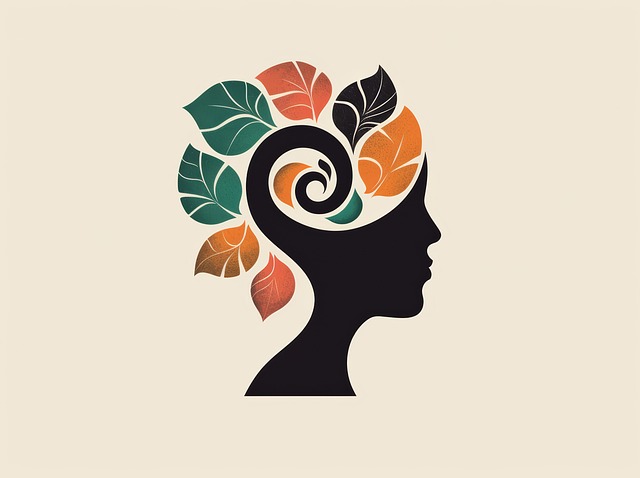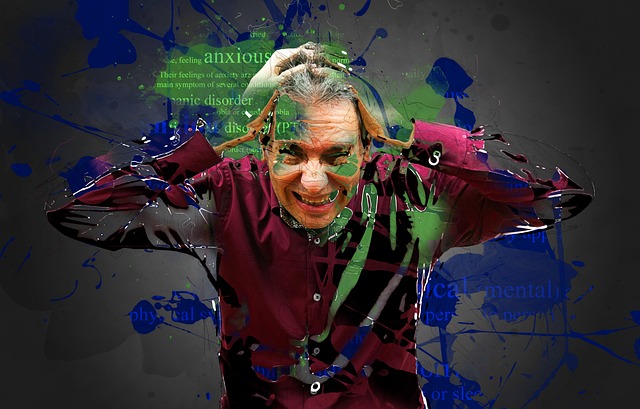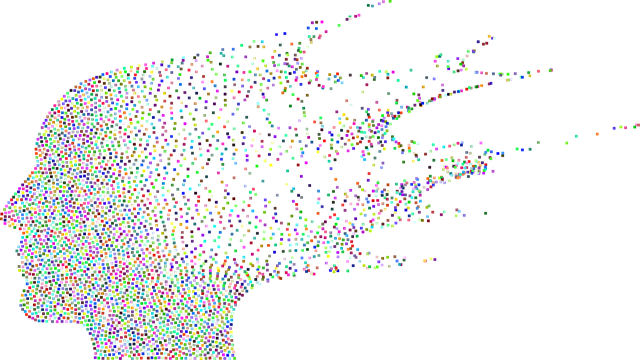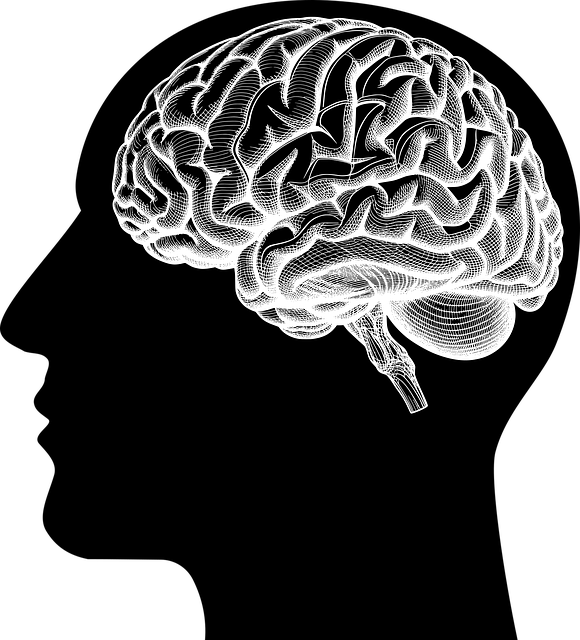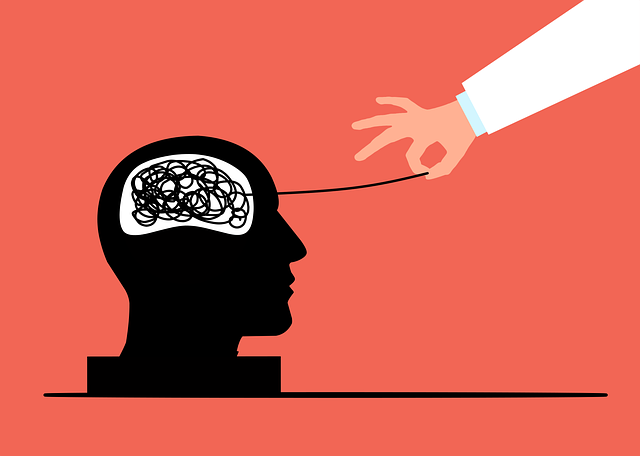Colorado Springs Learning Disability Therapy focuses on emotion regulation as a key to academic success and long-term mental wellness for individuals with learning disabilities. Through specialized therapy, advocacy, and self-awareness exercises, clients learn to manage intense emotions, reduce anxiety, and improve concentration. Techniques like deep breathing, mindfulness meditation, and emotional cue recognition help students identify triggers and develop coping strategies. Teaching emotional intelligence enhances communication skills, empathy, and social connections, fostering a holistic approach to mental health for individuals with learning disabilities in Colorado Springs.
Emotion regulation techniques are pivotal in supporting individuals with learning disabilities in Colorado Springs. This comprehensive guide explores effective strategies for navigating emotional challenges, enhancing learning potential. We delve into understanding the impact of emotions on academic performance, identifying triggers that set off emotional reactions, and providing practical self-calming methods. Additionally, we highlight the importance of teaching emotional intelligence through empathy development, communication skills, and social interaction, ultimately fostering a more inclusive and supportive environment for Colorado Springs learning disability therapy.
- Understanding Emotion Regulation and Its Impact on Learning Disabilities in Colorado Springs
- Identifying Triggers: Help Students Recognize Emotional Cues
- Strategies for Self-Calming and Stress Management in a Learning Disability Therapy Setting
- Teaching Emotional Intelligence: Empathy, Communication, and Social Skills Development
Understanding Emotion Regulation and Its Impact on Learning Disabilities in Colorado Springs

Emotion regulation is a critical component of overall mental wellness, especially for individuals with learning disabilities in Colorado Springs. Understanding how to manage emotions effectively can significantly impact a person’s ability to learn and engage in educational settings. Many individuals struggling with learning disabilities often face additional challenges related to emotional regulation due to the stress and frustration that may arise from academic difficulties. This is where specialized therapy, such as Colorado Springs learning disability therapy, plays a vital role.
Therapy focused on emotion regulation techniques empowers individuals to cope with intense emotions, reduce anxiety, and improve concentration. By teaching strategies for burnout prevention, mental health policy analysis and advocacy can be internalized, allowing people to advocate for their emotional needs in various environments. Additionally, mental wellness journaling exercises guidance can serve as a powerful tool to track progress and foster self-awareness, which is essential for long-term emotional well-being and academic success.
Identifying Triggers: Help Students Recognize Emotional Cues

Helping students recognize emotional cues is a crucial step in teaching them to identify triggers. In Colorado Springs Learning Disability Therapy, therapists often begin by encouraging self-awareness – prompting students to pay attention to their bodies and minds when certain situations arise. This could be as simple as recognizing physical sensations like a racing heart or tension in the shoulders, or picking up on subtle changes in mood and thought patterns. By learning to identify these cues, students gain valuable insights into their emotional responses, enabling them to manage their emotions more effectively.
This process involves teaching them about both primary and secondary triggers. Primary triggers are immediate stimuli that evoke a strong emotional response, while secondary triggers are subtler reminders that can set off a chain reaction of emotions. Understanding these distinctions empowers students to employ stress reduction methods and positive thinking strategies, such as deep breathing exercises or reframing negative thoughts, when faced with challenging situations. Additionally, conflict resolution techniques can be integrated into their toolkit, allowing them to navigate emotional triggers in a constructive manner.
Strategies for Self-Calming and Stress Management in a Learning Disability Therapy Setting

In a Colorado Springs learning disability therapy setting, teaching individuals with disabilities effective strategies for self-calming and stress management is paramount. These techniques not only aid in regulating emotions but also play a crucial role in preventing burnout, especially for healthcare providers who often face demanding caseloads. Simple yet powerful methods such as deep breathing exercises, mindfulness practices, and progressive muscle relaxation can significantly reduce stress levels and enhance overall well-being.
By incorporating these self-soothing tactics into their daily routines, both clients and therapists can improve their ability to cope with challenges. For instance, mindfulness meditation encourages individuals to stay present, focusing on their senses and thoughts without judgment. This practice fosters a sense of calm and can effectively manage symptoms associated with anxiety and stress, ultimately promoting better learning and therapeutic outcomes in the Colorado Springs learning disability therapy context.
Teaching Emotional Intelligence: Empathy, Communication, and Social Skills Development

Teaching emotional intelligence is a key component of Colorado Springs learning disability therapy. It involves fostering skills such as empathy, effective communication, and robust social skills development. By teaching individuals to recognize and understand their own emotions, as well as those of others, therapists enable them to navigate interpersonal interactions with greater ease. This process begins with enhancing self-awareness—helping clients identify and name their feelings—and extends to improving emotional regulation strategies, such as deep breathing or mindfulness exercises.
Through engaging in activities that promote active listening, role-playing scenarios, and group discussions, individuals can refine their communication skills. These techniques not only improve relationships but also foster an environment where emotions are expressed constructively, enhancing overall well-being. Social skills training, integrated within emotional intelligence education, empowers individuals to interpret social cues, resolve conflicts peacefully, and build supportive connections—all vital aspects of a holistic approach to mental health, particularly for those navigating learning disabilities in Colorado Springs.
Emotion regulation techniques play a pivotal role in supporting individuals with learning disabilities in Colorado Springs. By teaching self-awareness, coping strategies, and emotional intelligence, therapists enable students to better manage their reactions, improve focus, and enhance overall academic performance. Integrating these practices into Colorado Springs learning disability therapy not only empowers individuals but also fosters a more inclusive and supportive educational environment.
